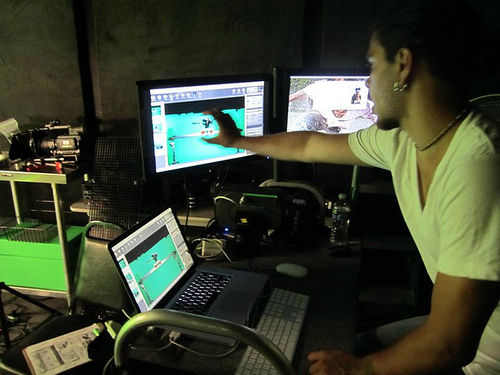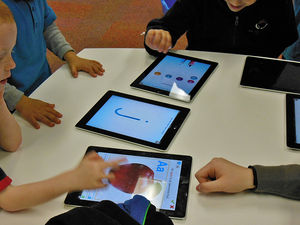Digital Literacy Skills
From WikiEducator
| Practice Context | |
|---|---|
| Digital Citizenship | |
| Digital skills relevant to my role | Objectives | Digital Literacy Skills | e-Learning activity - Identify your digital literacy skills | Learning Summary |
Digital Literacy Skills
There are a range of key digital literacy skills that are quite broad and generic that apply to the appropriate use of digital technology and communication tools.
- find / locate / access information and resources
- read and interpret information
- analyze / evaluate information and resources
- manage information and resources
- integrate information and digital tools
- construct new knowledge
- create new resources
- share / communicate effectively via digital means
The ability to use these skills can then be applied to a wide variety of digital tools and information which may include but is certainly not limited to the following:
- Computer health and safety
- Computer basics
- File management
- Word processing
- Spreadsheets
- Using email
- Intranet skills
- Internet search skills
- Information search skills – library and other data bases
- Use of photocopier/printer/scanners
- Student management systems eg. EBS4
- Learning management systems eg. Moodle
- Corporate Software, used specifically by your own institution eg, systems for accessing pay and leave data
- Teaching tools
- Use of presentation tools eg. PowerPoint, Keynote, Prezzi
- Audio/visual resources (creating and editing audio and video resources)
- Web 2.0 tools
- Social media
- Communication tools eg, Adobe Connect, Skype, video conferencing
- Classroom tools, eg. Data projectors, Smartboards
- Discipline specific tools eg, CAD, Photoshop, Simulation suites
- Mobile learning, use of tablets and cell phones
| Choose one self-assessment tool and assess your digital literacy relevant to that tool.
Reflect on what you learnt or discovered from this.
|

